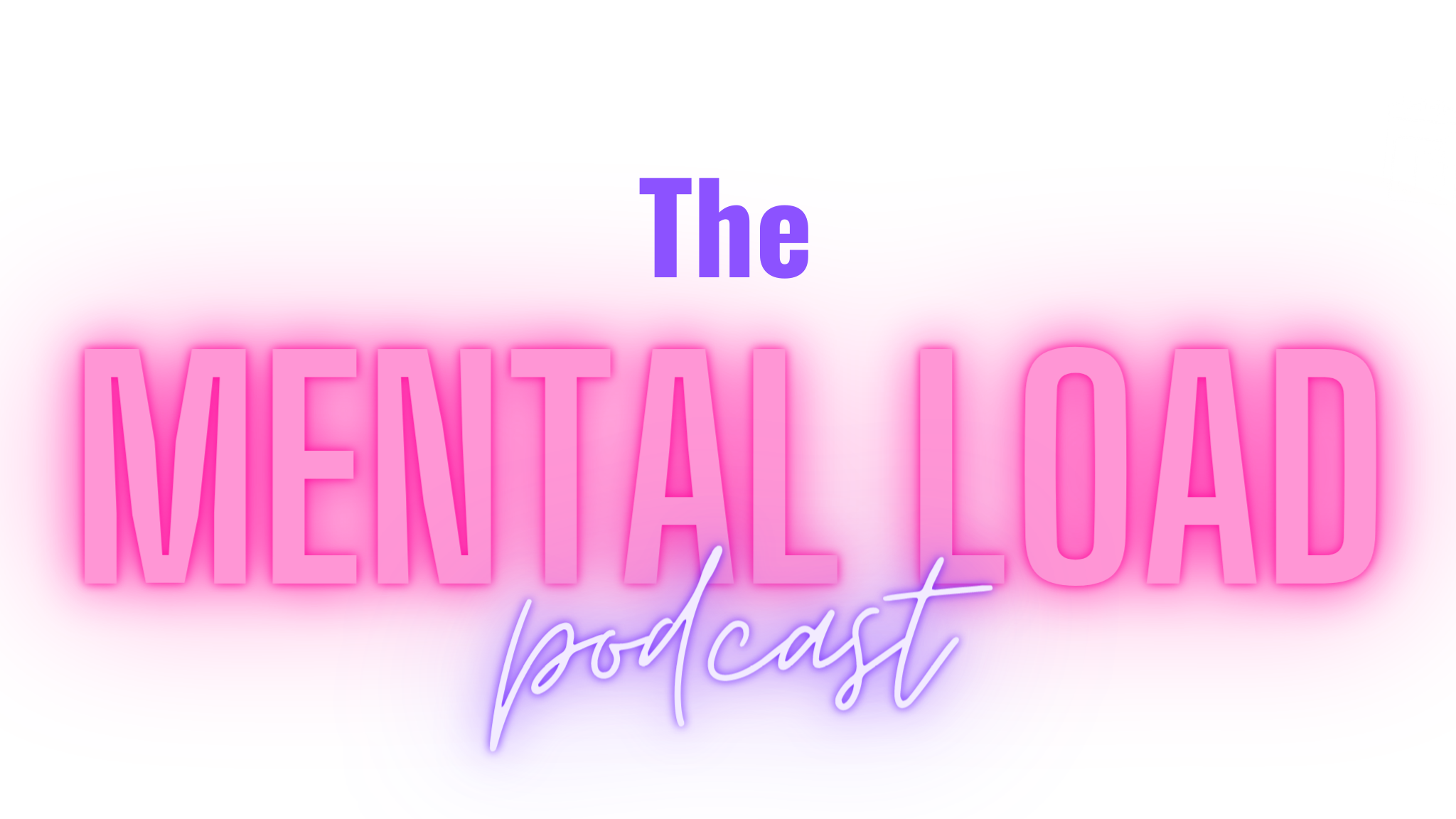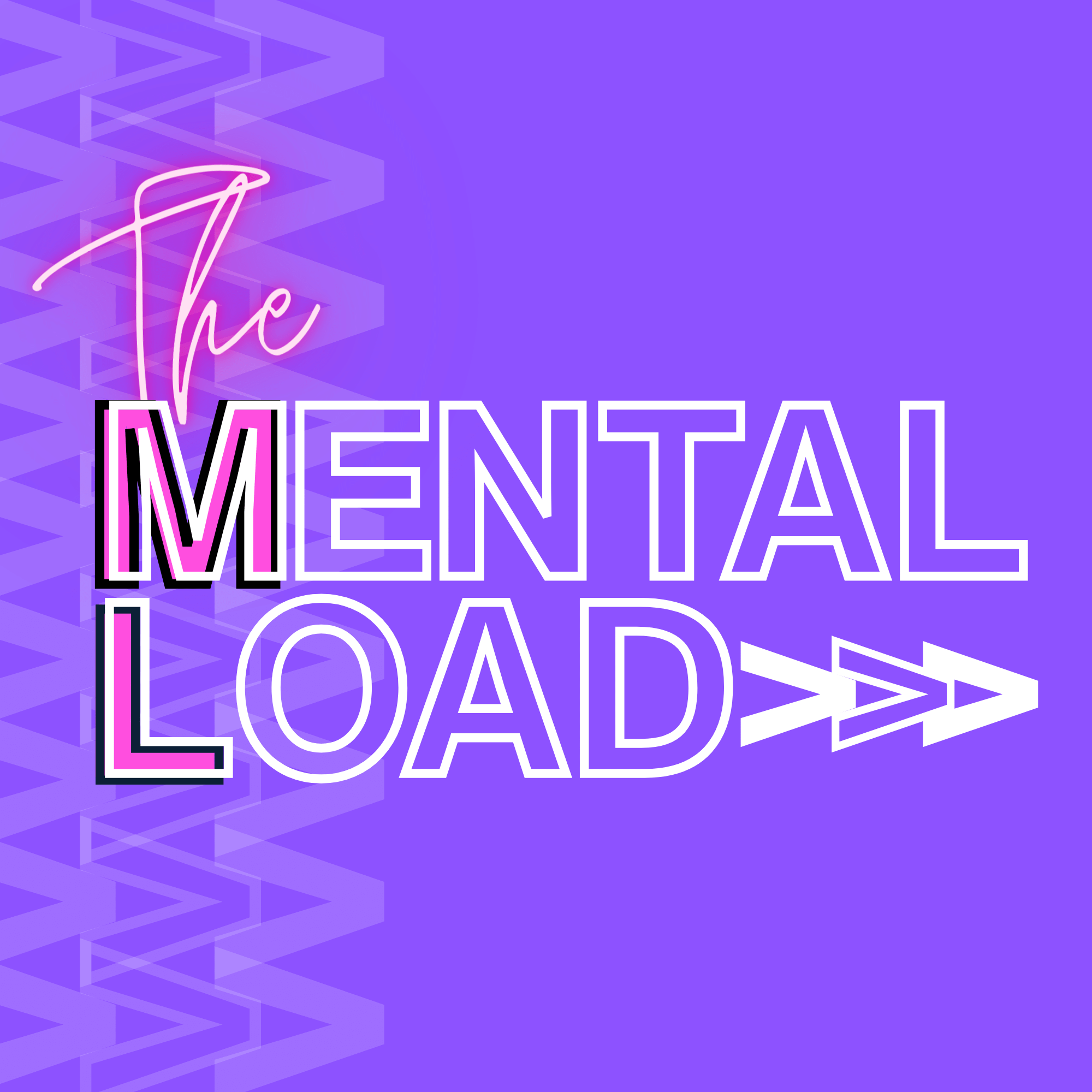Our Human Kids vs Anger
How our partner's anger impacts the mental load for women and affects our kids
What is the issue?
We are part of a generation that wasn’t raised to think about kids’ feelings. Our parents didn’t ignore us, but they also weren’t as keyed in on emotional and social well-being as we are today. A big part of the mental load is that we’re the emotional backstop for everyone in the family and when both parents aren’t parenting from a place of emotional well being, it creates a disconnect that creates tension and another layer of the mental load: us managing our husband’s reactions to our style of parenting.
What are the main emotional issues you feel like show up at your house?
- Feeling like as women we’ve made the transition to thinking of our kids as humans with emotional intelligence and feelings but not having partners that do the same
- So difficult to drag our husbands along; straddling two sides of the same fence
- Feels like a difference in parenting styles
How does this show up?
- Kids not having a way to talk through situations - being viewed as argumentative/disrespectful
- Taking the “i’m talking you’re listening approach”
- “Just do what I say”
- Yelling a lot
Psychological effects of being yelled at;
The body releases cortisol and adrenaline into your bloodstream
- You have more difficulty thinking: Your brain’s amygdala is triggered
- You might feel bad if someone yells at you: It feels like they are attacking your sense of self
- Also, you may feel depressed, anxious, or develop panic attacks: The effects of being yelled at can have a negative impact on your mental health
- You might withdraw from others and isolate yourself: A way to cope with the emotional pain you are feeling
- Some people express their feelings through anger: Which can lead to them being verbally abusive to others.
This article provides insight into how yelling can affect children psychologically. Yelling at a child may make them feel like they are not good enough and that there is something wrong with them. This could lead to negative self-esteem, low self-worth, and depression later in life.
Yelling at a child often leads their brain’s amygdala to be triggered. This can make kids feel bad and have panic attacks or depression.
Impacts sense of trust
How does this show up in our households?
Parenting Styles: Too permissive vs. Too aggressive
How does having these two different parenting philosophies affect the mental load?
- Creates another layer of emotional regulation for each person in the house
- Also creates another layer of planning for how to address it with your partner
- Anticipation
- Overplanning
- Overstimulation for everyone
How does this relate to the mental load? When we have different parenting styles, we spend a lot of headspace thinking about and planning for how to navigate it.
What does this all come down to? Creating a parenting style that works for both of you.
Why didn’t anyone tell us to have these conversations when we were dating/engaged?
How can we fix this?
- Validate our kids’ emotions
- Make a coping skills plan - for them and for you
- Practice the coping skills
Ideas:
Be on the same team. He’s not the problem. His temper isn’t the problem (but isn’t it?) You want to come together on a way you can both agree when it comes to dealing with your kids. Go back to the couples vision board: what values are most important for you to give to your children?





